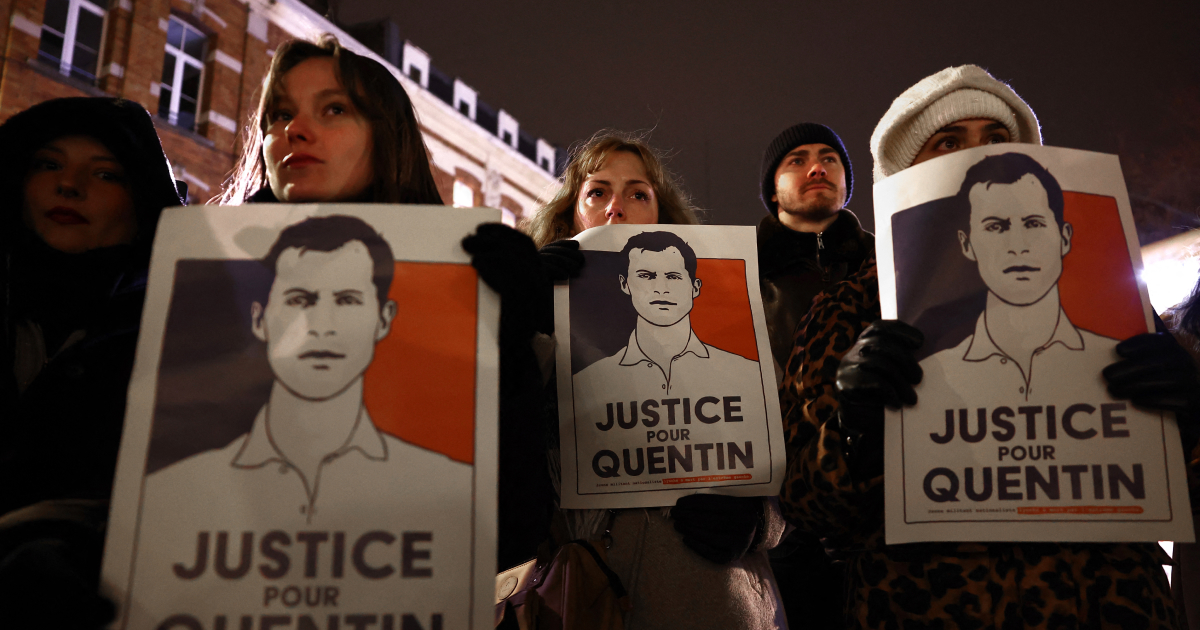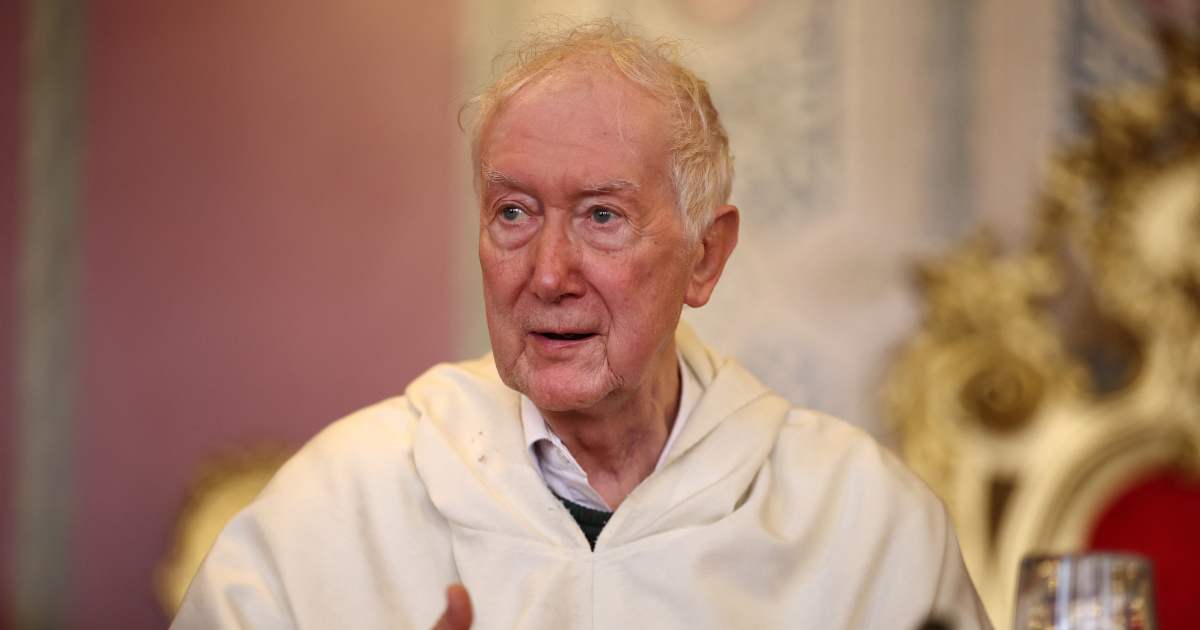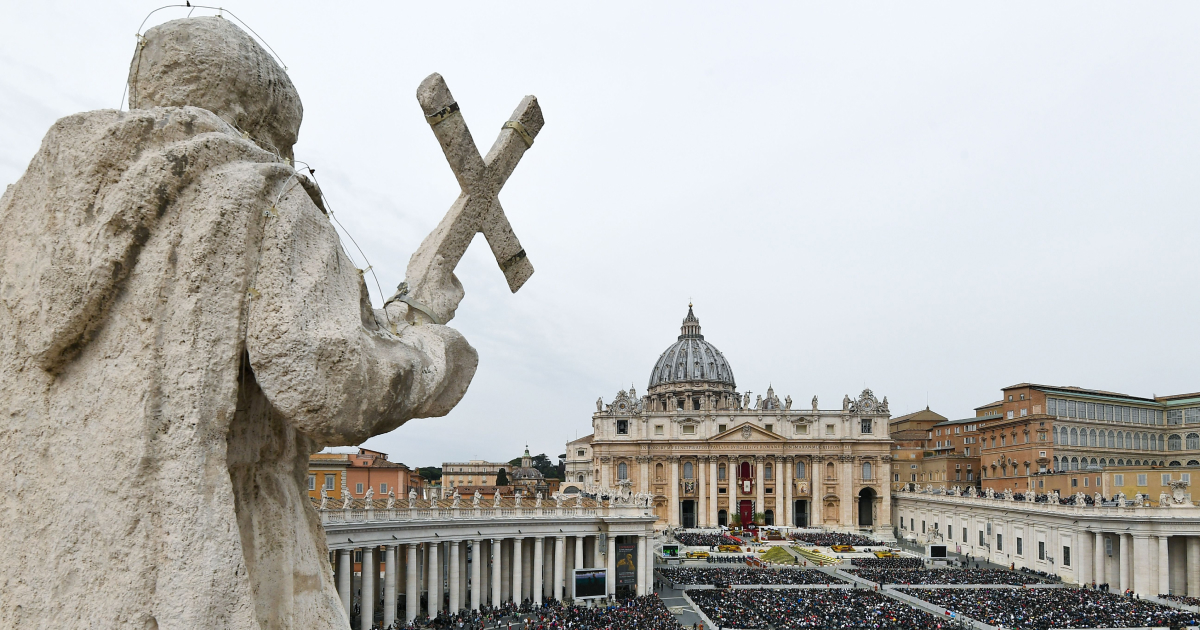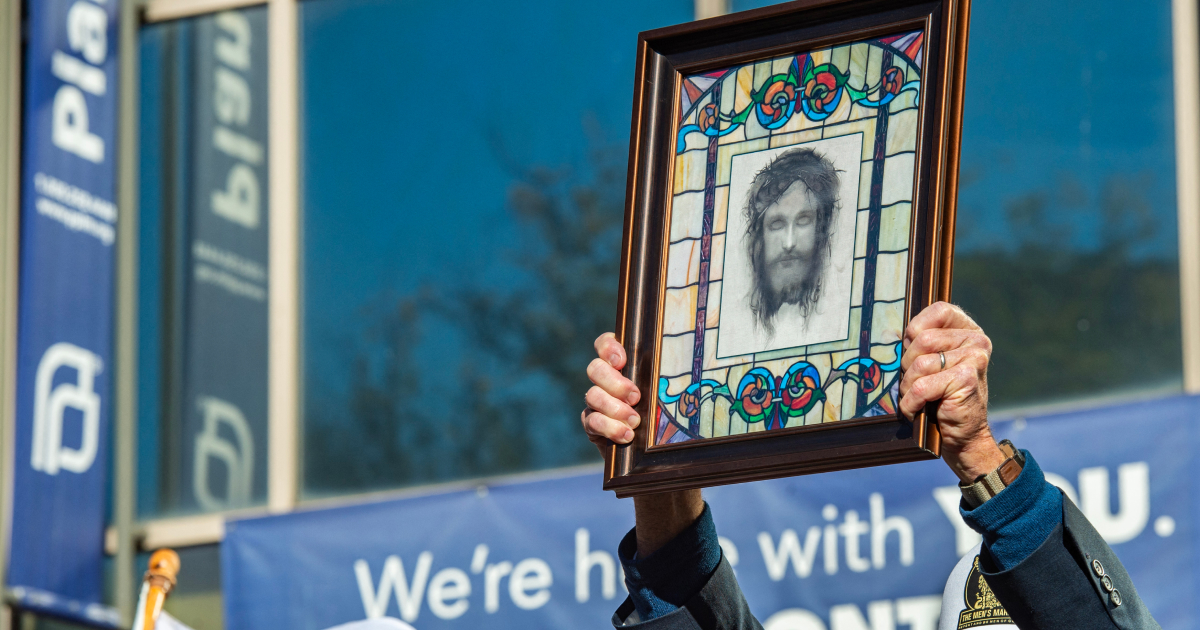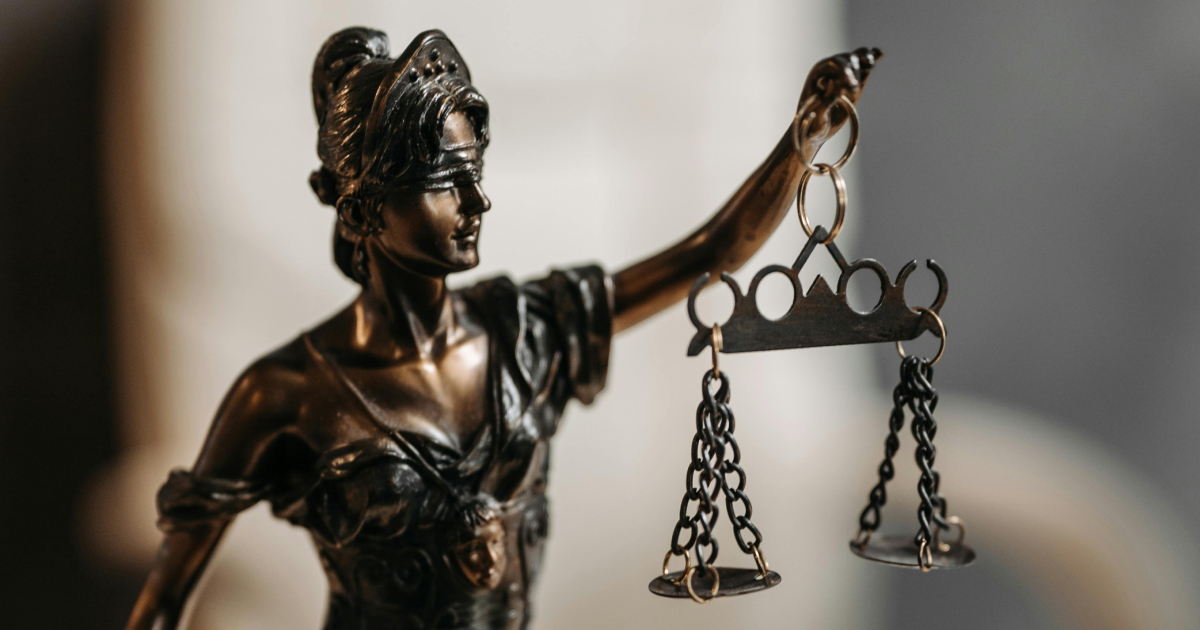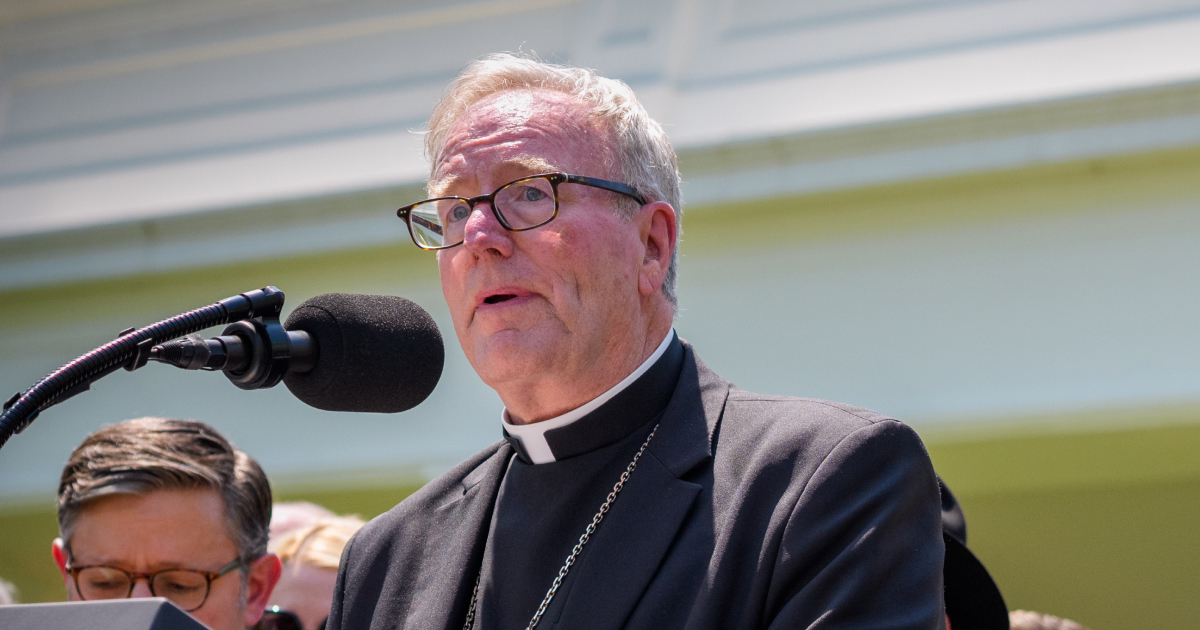Following the horrors of the Second World War, the newly formed United Nations decided that humanity needed a common set of principles to govern individual rights.
A committee of representatives from around the world, led by Eleanor Roosevelt, the former First Lady of the United States, was established. This committee subsequently produced a document that became the Universal Declaration of Human Rights.
Its 30 articles cover everything from the right to property, a fair trial, and free assembly to – importantly, for those of us who have faith – Article 18, which protects the right to freedom of religion or belief.
But what do we mean by religious freedom? His Holiness Pope Leo spoke passionately on the importance of religious freedom in an audience with Aid to the Church in Need before the launch of our latest report into religious freedom. Pope Leo said, “Religious freedom, therefore, is not merely a legal right or a privilege granted to us by governments; it is a foundational condition that makes authentic reconciliation possible. When this freedom is denied, the human person is deprived of the capacity to respond freely to the call of truth.”
Quoting the late Pope Francis, Pope Leo said: “Indeed, as my venerable predecessor observed, 'there can be no peace without freedom of religion, freedom of thought, freedom of expression and respect for the views of others' (Francis, Urbi Et Orbi, 20 April 2025)."
Pope Leo made it clear that “For this reason, the Catholic Church has always defended religious freedom for all people."
He added: "The Second Vatican Council, in Dignitatis Humanae, declared that this right must be recognised in the legal and institutional life of every nation (cf. 7 December 1965, 4). The defence of religious freedom, then, cannot remain abstract; it must be lived, protected and promoted in the daily lives of individuals and communities.”
But whilst the theory of religious freedom is important, what does it mean in practice? And what is the state of religious freedom in the world today?
Unfortunately, our latest Religious Freedom in the World Report published in October paints a bleak picture for the status of this fundamental human right. According to our research, nearly 2/3rds of humanity live in countries where there is a risk of religious persecution.
Of this huge mass of human souls, 413 million Christians live in countries where religious freedom is severely violated – with, approximately 220 million living in countries where they are directly exposed to persecution. 62 countries around the world have some form of persecution or discrimination against minority faith communities. 24 of those are listed places where faith is actively persecuted.
But what are the key drivers of persecution and how is this allowed to happen when freedom of religion or belief is viewed as a fundamental human right?
The right to worship, to practice your faith, in private or communally, is fundamental to the human dignity. Put simply, if you do not have access to this right, then you do not have freedom in the truest sense of the concept.
Indeed, if you do not have the right to meet in a church and pray, you do not have the right to free assembly (Article 20). Freedom of religion or belief interacts with so many other human rights; it is foundational to human existence. And yet, it is often treated separately.
From the report, we highlighted that authoritarianism poses the greatest threat to religious freedom, with governments in countries like China, Eritrea, Iran and Nicaragua using restrictive laws, surveillance and suppression of dissent to control religious life.
Authoritarianism is one of the main drivers of persecution in 19 countries and contributes to discrimination in 33 others.
In addition, Jihadist violence or religious extremism is a major and growing threat to religious freedom, driving persecution in 15 countries and contributing to discrimination in 10 others. Operating through decentralised networks, these groups target Christians and Muslims who reject extremist ideologies, particularly across regions from the Sahel to Pakistan.
War and conflict have severely impacted religious freedom, with armed conflicts displacement, church closures and targeted attacks on religious communities. We have all seen on our television screen the horrors of the Russo-Ukrainian War and the recent conflict in Gaza. As with all wars, human rights often become the first casualty.
So, despite this bleak picture, what is ACN doing about this? Well, of course, we provide practical assistance to the persecuted Church through our project partners. We fund more than 5,000 projects every year.
But, as well as this vital work, for the first time in its 78 year history, Aid to the Church in Need has launched a global petition calling on governments and international organisations, like the United Nations, to enforce Article 18.
As our latest report has shown, the right to religious freedom is in retreat around the world through a toxic mixture of authoritarianism, extremism and war. And whilst this continues it is our persecuted brothers and sisters in Christ who suffer.
At ACN, it is our job to bear witness and stand in solidarity with their plight. By shining a light on these awful abuses, we ensure that governments and international organisations cannot look away from their suffering.
But to be effective in our work, we need the help of all those who are opposed to the violence and discrimination faced by religious minorities around the world.
We need you join us in our mission, and I would urge you to support this campaign and spread the word with your family, friends and parishes. We must ensure that our own government in the UK, and the United Nations, do not forget those persecuted for their religious beliefs.
The campaign has been running for three weeks, and we have seen great engagement for a wide range of people. Nearly 5,000 people have signed, including Lord Alton of Liverpool, chairman of the Joint Committee on Human Rights, Father of the House Sir Edward Leigh MP (Conservative) and Jim Shannon MP (DUP), Chair of the UK All-Party Parliamentary Group on Religious Freedom.
Also, supporting the petition are leading clergy including Coptic Orthodox Archbishop Angaelos of London, Anglican Bishop Philip Mounstephen of Winchester, and Catholic Bishops John Arnold of Salford and Peter Brignall of Wrexham.
It is vital that we all raise our voices to ensure that our concerns are heard by those who can make a difference in government.
RELATED: 5.4 billion people at risk of losing freedom of religion, says new report
Photo: A Catholic prays during the canonisation ceremony of Venezuelan doctor Jose Gregorio Hernandez and Venezuelan Sister Maria Rendiles at the Nuestra Senora de la Candelaria church in Caracas, Venezuela, 18 October 2025 (Photo by FEDERICO PARRA/AFP via Getty Images)
You can find more information about the petition here
Elliott Banks is the Parliamentary Officer for Aid to the Church in Need UK








